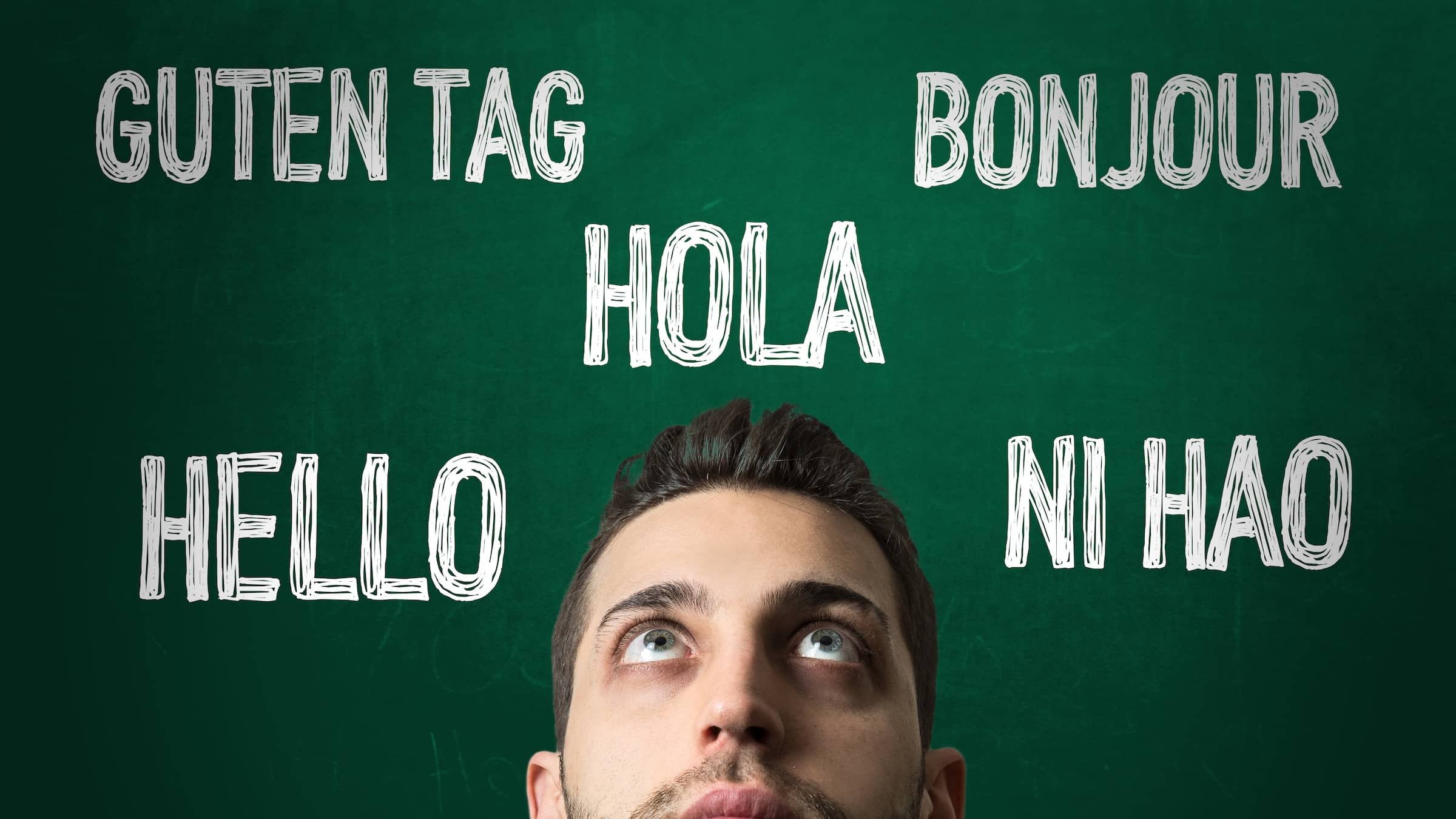When it comes to language mistakes abroad, British holidaymakers are a well-meaning but muddled bunch. According to new research commissioned by Barcelona-based airline Vueling, an ambitious 87% of UK travellers try to speak the local lingo while overseas—but 85% freely admit they’re getting it wrong more often than right.
On average, Brits make around 50 slip-ups during a single week abroad. That’s seven bungled words a day—roughly one for every tapas plate ordered with unearned confidence.
Chief among the most popular misfires? One in four (25%) accidentally blurt “grassyarse” instead of “gracias” when attempting to thank someone in Spain. Polite in intention, comedic in delivery.
Meanwhile, 17% have tried to say merci beaucoup and landed squarely in ‘messy bucket’ territory. One in six (15%) have muttered “silver plate” when trying to say s’il vous plaît, which sounds less like a request and more like a restaurant order gone rogue.
It doesn’t stop there. Roughly 10% of Brits have asked where the elusive “el beacho” is—presumably a Spanish hotspot made up by Brits on the Costa del Sol.
The same proportion have asked for a “taxio” in Italy, inadvertently summoning what sounds more like a budget Marvel villain than a car service.
One particularly hard-hit category? Cuisine. Eighteen percent of Brits have ordered “pie-ella” instead of “paella”, while 15% give the French “croissant” the old “crussant” treatment.
Twelve percent take a linguistic detour into NSFW territory by saying “pene” (Spanish for penis) instead of “penne”—a mortifying pasta mix-up that no amount of parmesan can fix.
🇬🇧 Brits’ Top Holiday Language Faux Pas
| # | Mispronunciation | Intended Phrase | Country | % of Brits |
|---|---|---|---|---|
| 1 | ‘grassyarse’ | ‘gracias’ | 🇪🇸 Spain | 25% |
| 2 | ‘pie-ella’ | ‘pae-eh-yah’ | 🇪🇸 Spain | 18% |
| 3 | ‘messy bucket’ | ‘merci beaucoup’ | 🇫🇷 France | 17% |
| 4 | ‘pain’ | ‘pan’ (bread) | 🇫🇷 France | 16% |
| 5 | ‘faux’ | ‘fuh’ (Pho) | 🇻🇳 Vietnam | 15% |
| 6 | ‘silver plate’ | ‘s’il vous plait’ | 🇫🇷 France | 15% |
| 7 | ‘crussant’ | ‘kwa-son’ | 🇫🇷 France | 15% |
| 8 | ‘car-veh-sah’ | ‘seuh-veh-suh’ (cerveza) | 🇪🇸 Spain | 12% |
| 9 | ‘pene’ | ‘penne’ (pasta) | 🇮🇹 Italy | 12% |
| 10 | ‘taxio’ | ‘tassi’ | 🇮🇹 Italy | 10% |
| 11 | ‘el beacho’ | ‘la playa’ | 🇪🇸 Spain | 10% |
| 12 | ‘g-knock-ee’ | ‘nyok-ee’ (gnocchi) | 🇮🇹 Italy | 9% |
| 13 | ‘pro-shootio’ | ‘pro-shcoot-oh’ (prosciutto) | 🇮🇹 Italy | 8% |
Source: British Tourist Language Survey, May 2025
It’s no wonder then that 80% of Brits admit to feeling self-conscious about their pronunciation abroad. Nearly three-quarters (71%) have experienced outright panic before stepping into foreign cafes or shops for fear they’ll be spoken to—the horror!
To avoid the embarrassment, 35% have rehearsed what to say outside the door, while a quarter (25%) choose holiday destinations where they know English will be spoken. A bold 46% even confess to faking a local accent, presumably with results best kept between them and their sunburn.
The research into language mistakes abroad also shows where the real stumbling blocks lie: place names (44%), food (43%), people’s names (31%), and small talk (25%) all trigger the most confusion. Even hotel names (19%) and drinks orders (24%) can feel like a verbal obstacle course.
Adding insult to injury, Brits can’t even pronounce the name of their own airline. Vueling found that just 10% say it correctly (“Bwel-ling”).
The rest mangle it into “View-ling” (51%) or “Vwel-ling” (33%). “We all know that nailing the pronunciation of some words and phrases in foreign languages can be tricky,” says Sandra Hors, Chief Corporate Affairs, Brand and Sustainability Officer at Vueling.
“Some Brits even struggle with our name – it’s pronounced ‘Bwel-ling’! But we also know that they love to explore new cultures and have a go at speaking foreign languages.”
“And it’s clear that their love of travel outweighs the fear of a few mispronunciations,” she adds, “so we’re excited to fly Brits to incredible destinations across Spain, France and Italy where they can take in the sights, try the local cuisine, and bravely attempt a few foreign phrases along the way.”
Despite the wobbly vowels and linguistic detours, the British spirit of trying remains strong. A whopping 91% believe it’s important to make an effort with pronunciation—even if they botch it—and another 91% say mistakes don’t matter as long as you’re trying.
Still, not everyone is forgiving. Eight out of ten Brits admit they’ve winced at a fellow traveller’s verbal trainwreck, while nearly half (48%) quietly judge others for their foreign language flubs.
All in all, it’s safe to say that when it comes to language mistakes abroad, Brits are enthusiastic amateurs with a high tolerance for public embarrassment.
But maybe, just maybe, that’s all part of the adventure.





